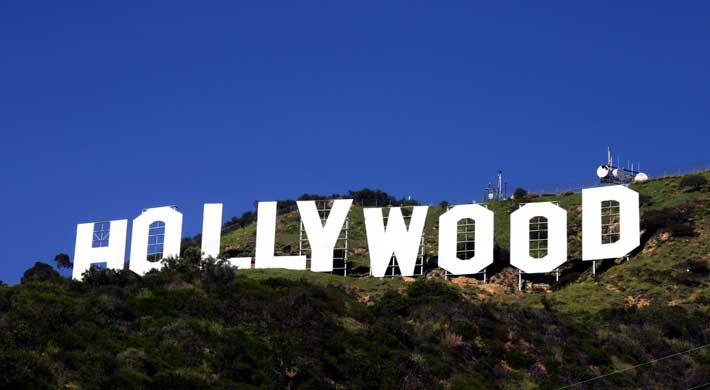Vicissitude is an independent documentary that takes
the viewer on a journey with several people who have been innocent victims of
the drug-related violence in Ciudad Juarez, Mexico Whether they were carjacked, had to
shut down a business, or had a relative killed, the feature-length movie pays
homage to the thousands of people who have lost their lives since 2008 by
portraying a more personal side to the story.
The purpose of
the documentary is to show what people never really got to see on the news, and
to give a voice to those who had to go through this experience of radical
change. It also shows a progress, which is slow but certain, and the hopes that the city and its people have to once again be free of war.
It is a project
close to my heart since I’ve personally been a victim in one way or another and
I lived in Ciudad Juarez for 16 years. The idea came to
mind a couple of months after starting film school back in the summer of 2010. I had to write a short
story for one of my classes and I thought, “Why not do something based on a
case from the situation in Juarez?”
As the months
passed by, I put the script aside but the thought of doing a story about the violence would bother me every night.
I knew I had to tell it some way.
In the summer of 2011, my best friend told me
while having a conversation that she would love to visit Juarez. We had a break
for Memorial Day coming up, so we planned a little trip to my hometown. An idea
struck me that same night. I realized this could be the perfect opportunity to
shoot a documentary. I had just taken two documentary classes, and the
instructor, who is an Emmy award winner, had been a true inspiration. After giving it careful thought, I
asked her if she wouldn’t mind to change our trip into a business trip. She was
all for it.
I did
pre-production for approximately two months. This process consisted of crewing
up, contacting potential interviewees, setting up a Kickstarter account to
raise funds for the project, getting a hold of equipment, and many other
things. I successfully raised a little over a thousand dollars, which I used to
pay part of the plane tickets of the three people who came with me plus some
other miscellaneous expenses.
We shot the
documentary during the four-day trip and it was nothing but a great learning
experience as an aspiring filmmaker and as a person. Our biggest challenges had to do with time, but we managed to get things done.
We came back
with about 150 hours of footage from interviews, and that’s not counting
B-Roll. The editing process was probably the most difficult but most rewarding.
Having to balance school, work, and extracurricular activities, made it
difficult for my first editor and me to get together. Luckily, I was blessed to
bump into Mauricio Martinez one day at school, the guy who ended up becoming my
editor and who is now a close friend. I happened to be wearing a soccer jersey
from Mexico and he asked me where I was from. We had a short conversation
before I needed to head back to class from break but we exchanged our contact
information. We then took it online. It was here when I realized he speaks
Spanish, is familiar with the subject, and one of his fortes is editing. As a
result, he ended up editing the project and receiving a producer credit due to
his contribution to the structure of the story and for recommending me an
amazing recording arts student to compose the soundtrack.
We finally
finished the lengthy process on November 21st, a day before
Thanksgiving. I am aware that this is only the beginning, since now I have to
figure out ways to get people to watch it, submit it to different film
festivals, and screen it wherever I can. My top priority right now is the Florida Film Festival, we have a deadline coming up soon.
This experience
has taught me managing skills more than anything, and it has broaden my
network. I hope something good will come out of this story and I can’t thank
enough the people who contributed to this project by either working on it,
investing, participating, or sending the good vibes.





